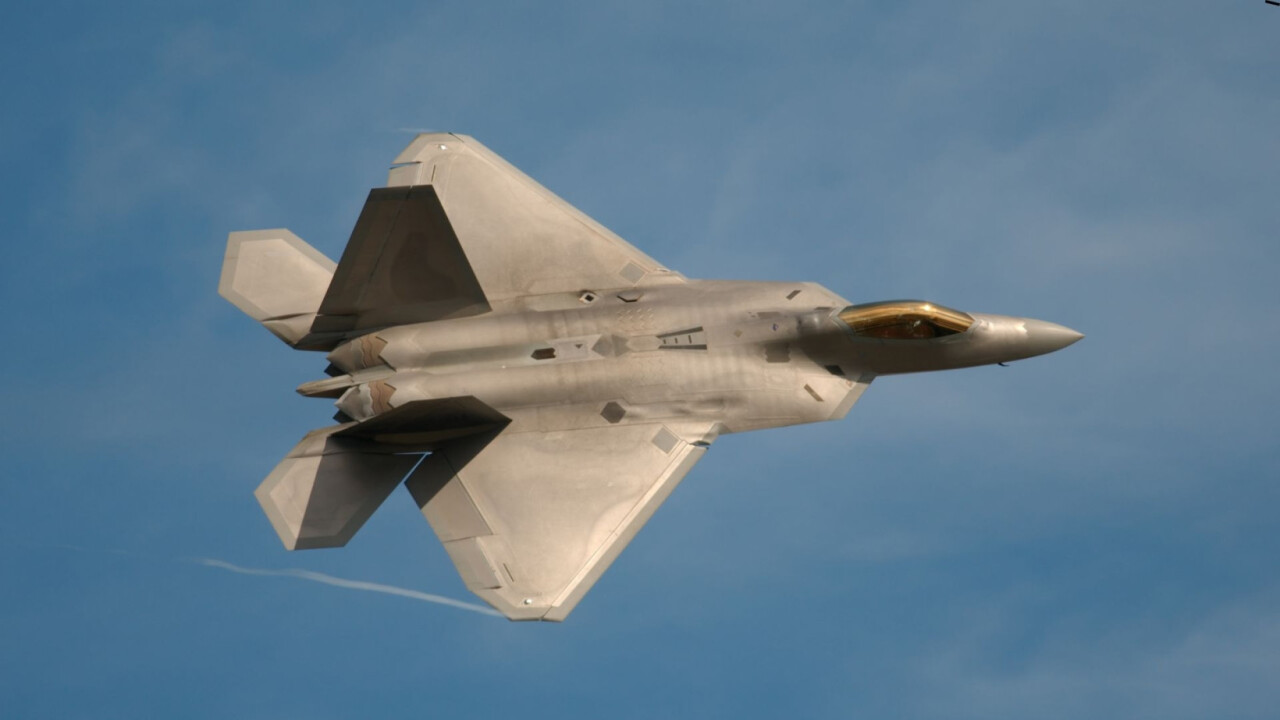
NATO’s Innovation Fund has co-led a $22.5mn (€21mn) investment into iCOMAT, a UK startup building ultralight composites for the aerospace, automotive, and defence sectors.
NATO’s fund has a budget of €1bn to back startups developing deep tech for defence and security applications. This marks its first public investment since it launched last year.
Founded in 2019 by Greek scientist Evangelos Zympeloudis, iCOMAT has developed a fully automated manufacturing process that turns carbon fibre into lightweight composite materials.
Unlike conventional methods — which produce components by stacking multiple straight fibre layers — the company’s “world-first” technology enables fibre steering. This is the ability to steer the fibres to optimise the properties of a structure at any point.
The science is complicated, but the most important thing to understand is that the composite is up to 65% lighter than equivalent materials in use today.
For high-performance applications, the benefits are obvious. Lighter materials make for a faster vehicle that uses less fuel.
iCOMAT has already built components for fighter jet panels, space launchers, and Formula 1 cars, it said.
“iCOMAT is solving some of the most critical problems in materials, and the breakthroughs they’re making today will play a decisive role in the future of both combat and mobility,” said Alex Moore, partner 8VC, a Texas-headquartered venture capital firm that co-led the investment alongside NATO.
iCOMAT is currently building a 4200-square-metre production facility in Gloucester, UK, to scale up its patented process. The factory should be online by the end of this year.
Get the TNW newsletter
Get the most important tech news in your inbox each week.





